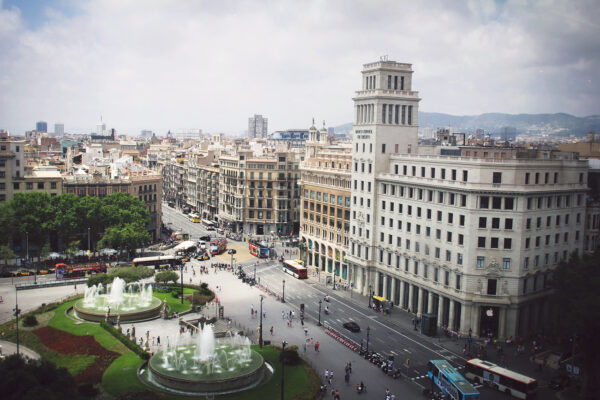
Janan Ganesh warns in the Financial Times against looking at the city-countryside imbalance exclusively through the lens of the places that have been left behind.
As a moral proposition, this is right, he argues: “the weakest first.” But as a reading of how politics will unfold over time, it could be the wrong way around:
The anger that poor regions feel for the rampant metropolis — that Pas-de-Calais feels for Paris, that Indiana feels for New York — might turn out to weigh less than the grievances that flow in the opposite direction.
City dwellers may at some point decide they have had enough of subsidizing provincials who vote against their heathen ways from a distance. “Call it representation without taxation.”
City first
The independence movements in wealthy Catalonia, Lombardy and Veneto could be seen as manifestations of this trend.
Some countries are more vulnerable than others. Secession is taboo in the United States. London is unlikely to break away from England.
But in continental Europe, where some cities have “governed themselves and their surrounds for longer than the countries they now find themselves in have existed,” the threat of national unraveling is real:
There will be no restoration of the city states, no undoing of the Risorgimento, no secessions in Hamburg and Bordeaux. But there is every prospect of cities demanding more self-rule as relations deteriorate with nations that seem to need and resent them all at once.
Nationhood
Ganesh admonishes conservatives who cherish the nation state not to become a “one-sided lobby for the angriest provinces. That is an abusive relationship, not a country.”
The challenge is convincing both city and countryside they are better off together — and the former may be the most urgent:
Nationhood is the willingness of rich regions to pay for the rest as a matter of course. If that willingness goes away, the nation becomes form without substance.
